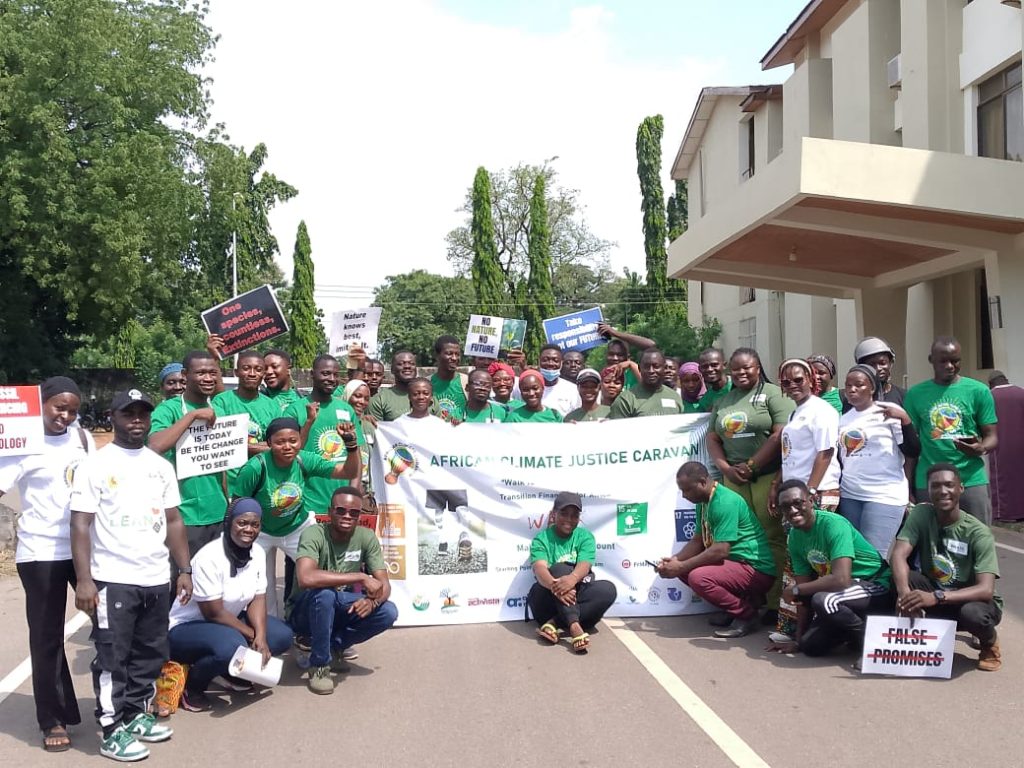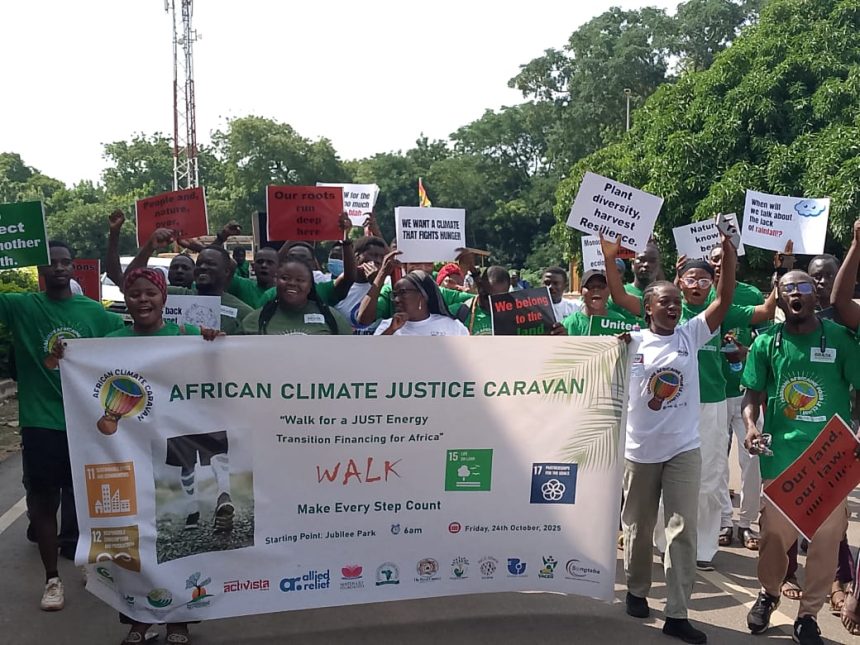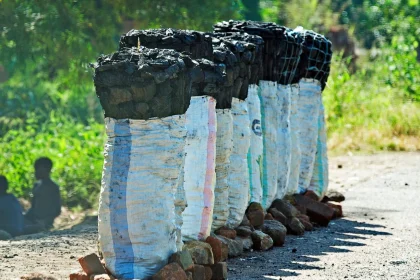African governments have been urged to defend the continent’s interest in global climate negotiations and ensure that international commitments on climate adaptation and financing yield tangible benefits for vulnerable communities across the Africa.
This call was contained in a joint declaration presented to the Northern Regional Minister by a coalition of Civil Society Organisations (CSOs), youth groups, and community movements under the banner of the African Caravans for Climate Justice.
They undertook a health walk through some principal streets of Tamale under the theme: “Walk for Just Energy Transition Financing for Africa” before presenting the declaration to the Regional Minister in Tamale.
Participants carried placards with inscriptions such as “Healthy humans on a sick planet”, “When will we talk about the lack of rainfall”, and “Plant diversity, harvest resilience” among others.
The event was led by the Center for Opportunities and Rural Development (CORD Ghana) and Youth Volunteers for the Environment including partnering organisations such as the Northern Regional Chapter of ActionAid Activista Ghana, and the Northern Alliance for Climate Action.
Joining was also the Rural Connect, RAINS, RICE Ghana, Allied Relief, YACES, Network of Youth for Climate Action Africa, Ummy Relief Foundation and Tamale Hangout among others, and it was endorsed by more than 1,000 CSOs and partners across the continent.
Prior to the event, CORD Ghana and its partners, as part of the African Climate Caravan, had organised sensitisation programmes for students at Sagnarigu Girls Model Primary School, Choggu Demonstration JHS and Dahin Sheli JHS, on Just Energy Transition and sustainable environmental conservation to deepen public awareness of climate change issues.
Presenting the declaration, Madam Esther Nyamekye Opoku, the Programmes and Policy Director at CORD Ghana, said the document represented a unified call from African communities most affected by climate change for accountability and fairness in global climate financing.
She said “The time for rhetoric is over. Wealthy countries must scale up their climate finance commitments, provide predictable support for adaptation, and fulfil promises made under the Paris Agreement and successive Conference of Parties. Africa’s frontline communities deserve real solutions; not debts or false promises.”
The declaration urged developed countries, parties to the United Nations Framework Convention on Climate Change to commit at least five trillion dollars annually, less than what governments currently spend on fossil fuel subsidies, to reverse the climate crisis and settle the “climate debt” owed to the Global South.
It also called on developed nations to prioritise grant-based climate financing over loans, ensure transparent reporting on mitigation and adaptation funds, and impose higher taxes on the excessive profits of polluting corporations.
On the part of African governments, the declaration demanded that leaders champion the continent’s priorities in global climate talks and ensure that financing and policy commitments were translated into real benefits for local communities.
It proposed the allocation of 1.3 trillion dollars specifically to Sub-Saharan Africa for climate adaptation and energy transition in line with the Baku to Belem Roadmap.
The declaration called for the operationalisation of the ‘polluter pays principle,’ the establishment of a debt-free Loss and Damage Fund, and stronger national policies to advance renewable energy, food system resilience, and inclusive adaptation strategies.

Mr Ali Adolf John, the Northern Regional Minister, who received the declaration, commended the coalition for its advocacy and assured them that the concerns raised would be forwarded to the relevant authorities for consideration.
He reaffirmed Ghana’s commitment to policies promoting sustainable development, renewable energy, and climate resilience, especially among vulnerable communities in the Northern Region.
The event was also used to commemorate this year’s International Day of Climate Action, which is observed annually on October 24 to raise global awareness about the urgent need for action to combat climate change and protect the planet for future generations.
GNA






